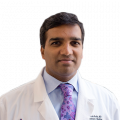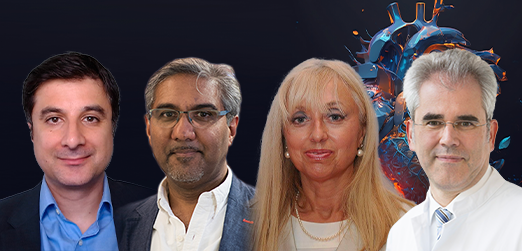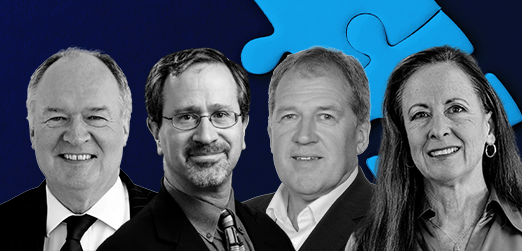- Home
- The Clinical Evidence Behind Pulse Field Ablation: Safe, Simple & Effective?
The Clinical Evidence Behind Pulse Field Ablation: Safe, Simple & Effective?
- Optimising treatment
Available Credit:
- 1.00
Course Published On:
Course Expiry Date:

Overview
This CME programme 'The Clinical Evidence Behind Pulse Field Ablation: Safe, Simple & Effective?', co-chaired by Dr Claire Martin (Royal Papworth Hospital, UK) and Prof Josef Kautzner (Charles University Medical School, Czech Republic) present and discuss a series of topics surrounding the clinical evidence behind pulsed field ablation (PFA).
Dr Vivek Reddy (The Mount Sinai Hospital, US) and Dr Boris Schmidt (Centrum Bethanien, Germany) provide an overview focusing on two clinical trials: MANIFEST-PF and EUPORIA, covering trial designs and outlining the main outcomes.
In the latter part of the programme, Dr Mattias Duytschaever (University of Ghent, Belgium) dives into the fast evolving field of PFA and a look into the different PFA systems, whilst also touching on emerging clinical data and technologies such as PULSED-AF, InspIRE & smartfIRE and ADVENT & ADVANTAGE.
Support Statement
This programme has been supported by an unrestricted educational grant by Boston Scientific. The scientific programme has not been influenced in any way.
Disclosure
In compliance with EBAC / EACCME guidelines, all speakers/chairpersons participating in this programme have disclosed or indicated potential conflicts of interest which might cause a bias in the presentations.
The Organising Committee/Course Director is responsible for ensuring that all potential conflicts of interest relevant to the event are declared to the audience prior to the CME activities.
Terms & Conditions
Radcliffe Education requires contributors to our CME programmes to disclose any relevant financial relationships that have occurred within the past 12 months that could create a conflict of interest. These will be identified in the faculty section if applicable.
The session ‘The Clinical Evidence Behind Pulse Field Ablation: Safe, Simple & Effective?', is accredited by the European Board for Accreditation in Continuing Education for Health Professionals (EBAC) for 1 hour of external CME credits.
Each participant should claim only those hours of credit that have actually been spent in the educational activity. EBAC works according to the quality standards of the European Accreditation Council for Continuing Medical Education (EACCME), which is an institution of the European Union of Medical Specialists (UEMS).
Through an agreement between the European Board for Accreditation in Continuing Education for Health Professionals (EBAC) and the American Medical Association, physicians may convert EBAC External CME credits to AMA PRA Category 1 Credits™. Information on the process to convert EBAC credit to AMA credit can be found on the AMA website.
Instruction to Participants
There is no fee for taking part in this online learning activity.
Activities are designed to be completed within 60 minutes and must be completed by the registered user. Physicians should only claim credits for time spent on the activity. To successfully earn credit, participants must complete the activity in full in the indicated time frame.
To complete the course and claim certification participants must:
Read the course outline information supplied and complete pre-test questions if supplied prior to starting the activity. Users must read and study the activity in its entirety before completing the post-test questions.
Your results will be automatically saved and if a pass score is achieved (where applicable), you may be eligible to claim credit for the activity and receive a certificate of completion.
Target Audience
- Cardiologists
- Electrophysiologists
- Interventionalists
Learning Objectives
Upon completion of this activity, participants will be able to:
- Identify limitations of current ablation technologies
- Recall the advantages of pulse field ablation over other technologies
- Summarise the design, efficacy and safety findings of relevant clinical trial data evaluating the efficacy and safety of pulse field ablation technology
- Compare different PFA systems and emerging technologies
- Evaluate the evolving landscape of pulse field ablation technologies
Module |
Title |
Duration |
Speakers |
|---|---|---|---|
| Session 1 | Introduction and MANIFEST PF Registry | 23m 17s | Vivek Reddy |
| Session 2 | EUPORIA Registry | 20m 31s | Boris Schmidt |
| Session 3 | The Fast Evolving Field of PFA | 19m 26s | Mattias Duytschaever |
Course Director
Speaker






